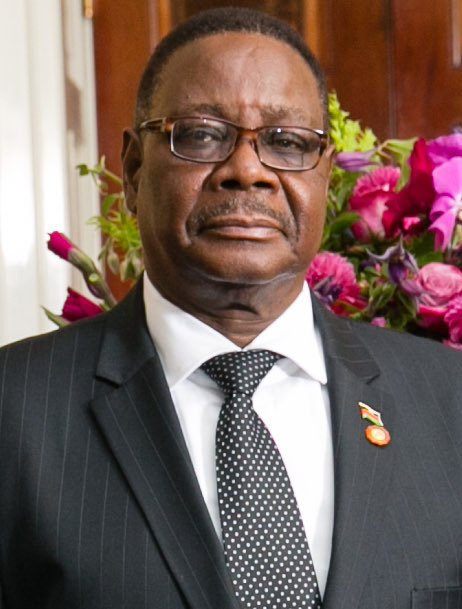 Malawi’s new ‘Marriage, Divorce and Family Relations’ law was introduced this week and has been condemned by international LGBTI rights organisations.
Malawi’s new ‘Marriage, Divorce and Family Relations’ law was introduced this week and has been condemned by international LGBTI rights organisations.
The new law, which was signed off by President Peter Mutharika (pictured) earlier this week, declares that marriage and co-habbiting relationships may only be between a man and a woman.
The law also states that a persons gender will remain the gender they were determined at birth, ruling out marriage for intersex and transgender people.
Additionally the law states that gay sex is comparable to rape and sexual harassment.
The law also declares that people may not be married before the age of eighteen, a welcomed addition that aims to stop girls being forced into marriages at sixteen years of age. Currently 50% of women in Malawi are wed before their eighteenth birthday.
The new laws also stipulate that women will automatically inherit a part of their husband’s assets, previously a will was required.
There are also new laws stating that if a child is born to an underage couple the boy’s family is required to pay for the child until the couple become self sufficient.
The International Gay and Lesbian Human Rights Commission (IGLHRC) said they had serious concerns about the new laws noting that they made it legal to discriminate against gay ,lesbian, bisexual, transgender and intersex people.
The international human rights organisation called on the country to remove the discriminatory provisions within the new law.
“It’s appalling that a law that attempts to address a serious human rights abuse like child and forced marriage would then also target Malawians for discrimination based on sexual orientation or gender identity,” said Jessica Stern, executive director, at IGLHRC. “It’s unacceptable to try to prevent one existing wrong and in the process create another abuse in the form of legal discrimination against LGBTI individuals.”
The US based Human Rights Watch (HRW) has also criticised the way the new laws will add additional discrimination of the country’s LGBTI population. Agnes Odhiambo, Senior Women’s Rights Researcher at HRW welcomed the new laws ability to enhance the quality of lives for women, but expressed disappointment at how they will effect LGBTI people.
“In passing this marriage law, Malawi’s government has itself recognised its obligation to uphold international law,” Odhiambo said. “But the provisions that discriminate on the basis of gender identity and sexual orientation flagrantly violate internationally recognized human rights, reinforcing the perception that LGBTI Malawians are second-class citizens.”
Homosexuality remains illegal in the African nation. However the laws making homosexuality illegal are relatively new, they were introduced in 2010. In 2012 President Joyce Banda vowed to remove the laws. In 2014 Banda lost the election and current Peter Mutharika was sworn in.





